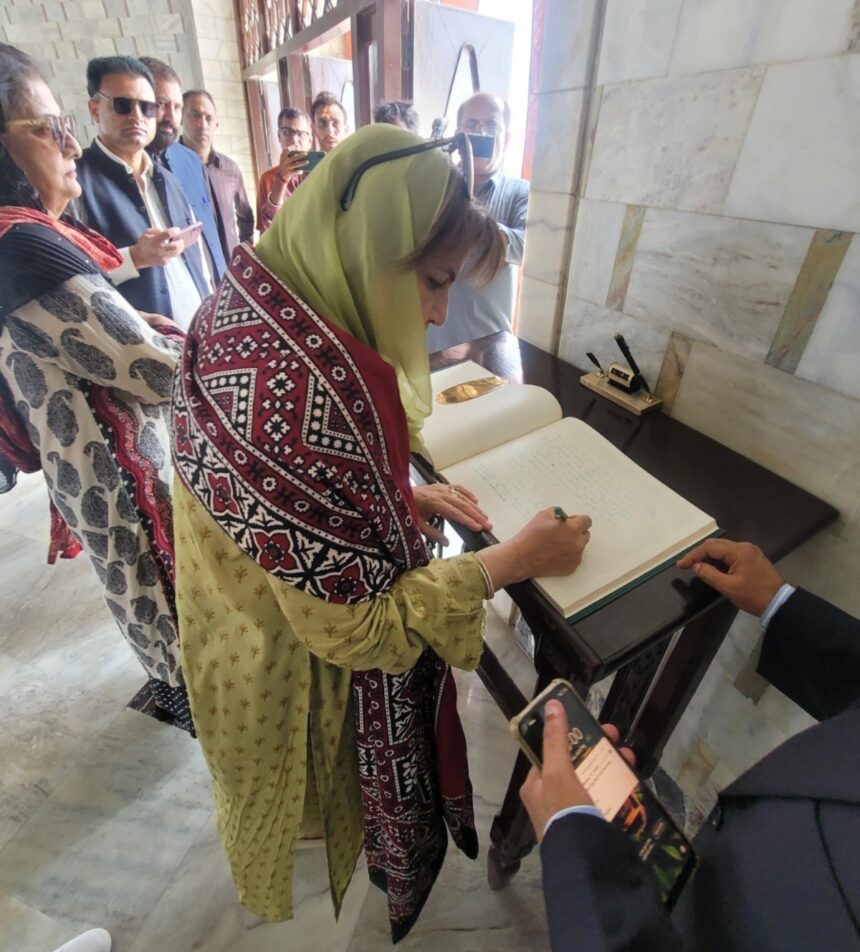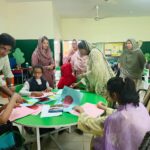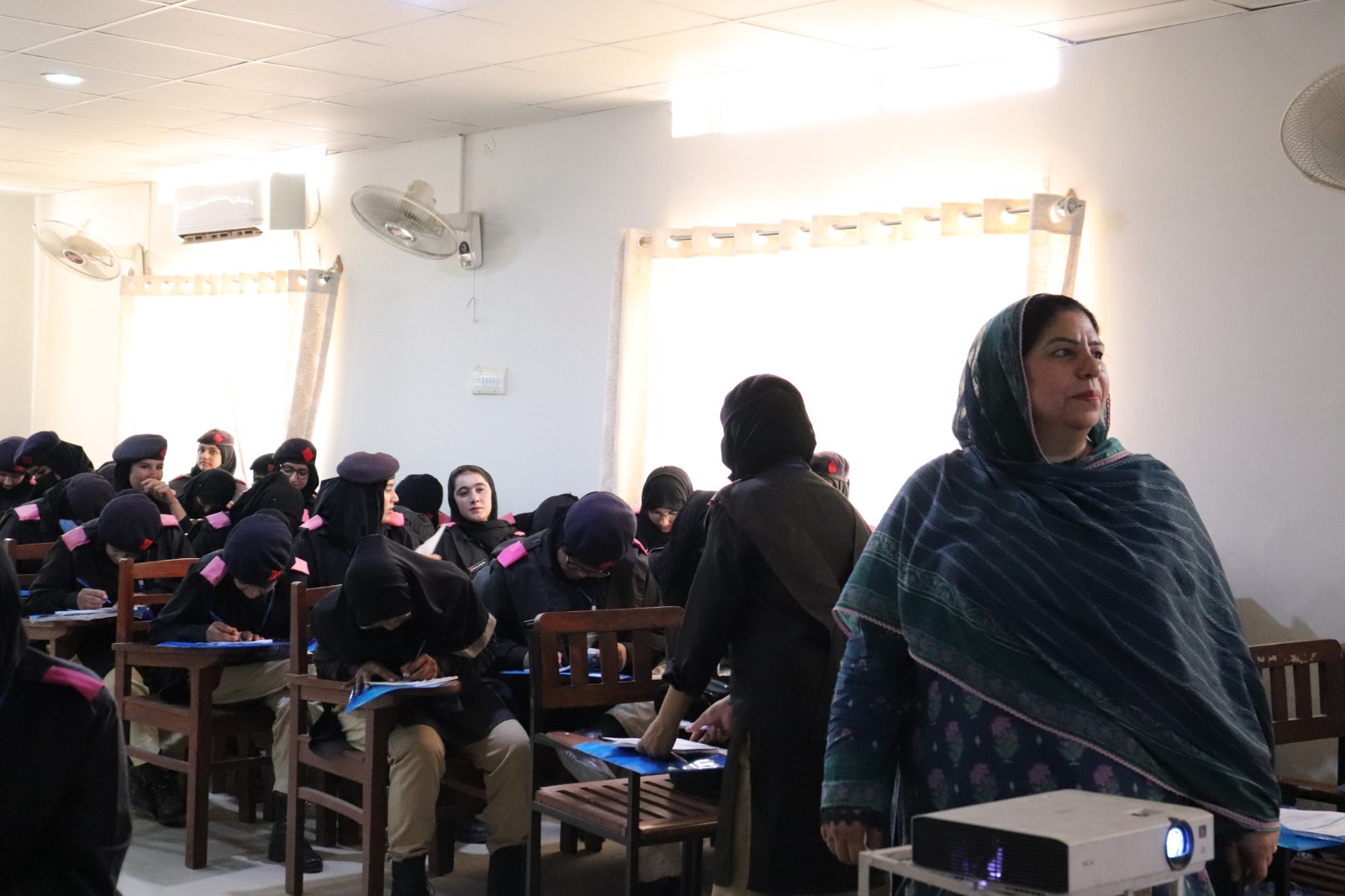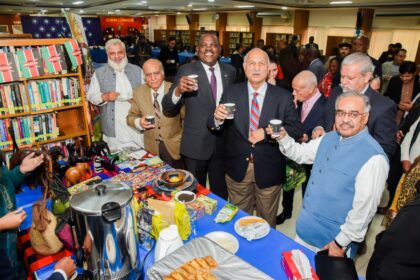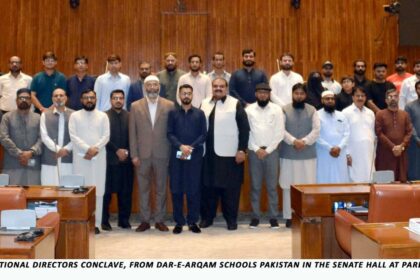Parliamentary Secretary for National Heritage and Culture Visits Quaid-e-Azam Mausoleum, Appreciates QMMB’s Efforts
Parliamentary Secretary for the Ministry of National Heritage and Culture, Ms. Farah Naz Akbar, paid an official visit to Quaid-e-Azam Mausoleum and praised the Quaid-e-Azam Mazar Management Board (QMMB) for their dedicated efforts in maintaining the tomb and preserving Pakistan’s historical legacy.
Upon her arrival, Ms. Farah Naz Akbar was warmly welcomed by Resident Engineer (QMMB) Abdul Aleem Shaikh, along with senior officials from the QMMB and the Ministry of National Heritage and Culture. The parliamentary secretary visited different sections of the mausoleum, offering Fateha prayers at the graves of Quaid-e-Azam Muhammad Ali Jinnah, Fatima Jinnah, and other national leaders, laying floral wreaths as an expression of respect and tribute to these distinguished personalities.
During her visit, she toured the museum at the mausoleum complex, where personal belongings of Quaid-e-Azam are carefully preserved. She commended the QMMB on their diligent preservation and maintenance of the museum pieces and highlighted their importance in educating future generations about Pakistan’s founding father and national history.
Later, Ms. Akbar received a detailed briefing regarding various initiatives and projects undertaken by the Quaid-e-Azam Mazar Management Board and the Quaid-e-Azam Academy. Emphasizing the importance of safeguarding the mausoleum, she directed officials to accelerate plans aimed at reinforcing and protecting the boundary wall of the premises. Moreover, she assured full government support and assistance to the QMMB concerning a proposed 50-megawatt solar power project planned for the museum site.
The parliamentary secretary particularly appreciated the Quaid-e-Azam Academy’s proactive efforts to honor and promote the ideals and contributions of Muhammad Ali Jinnah through regular interactive events such as poetry recitations, seminars, art competitions, essay-writing contests, and quizzes. However, Ms. Akbar expressed her concern over these valuable cultural and historical activities being limited primarily to Karachi, and urged concerned institutions to expand their efforts and organize similar engagements in other cities across the country.




